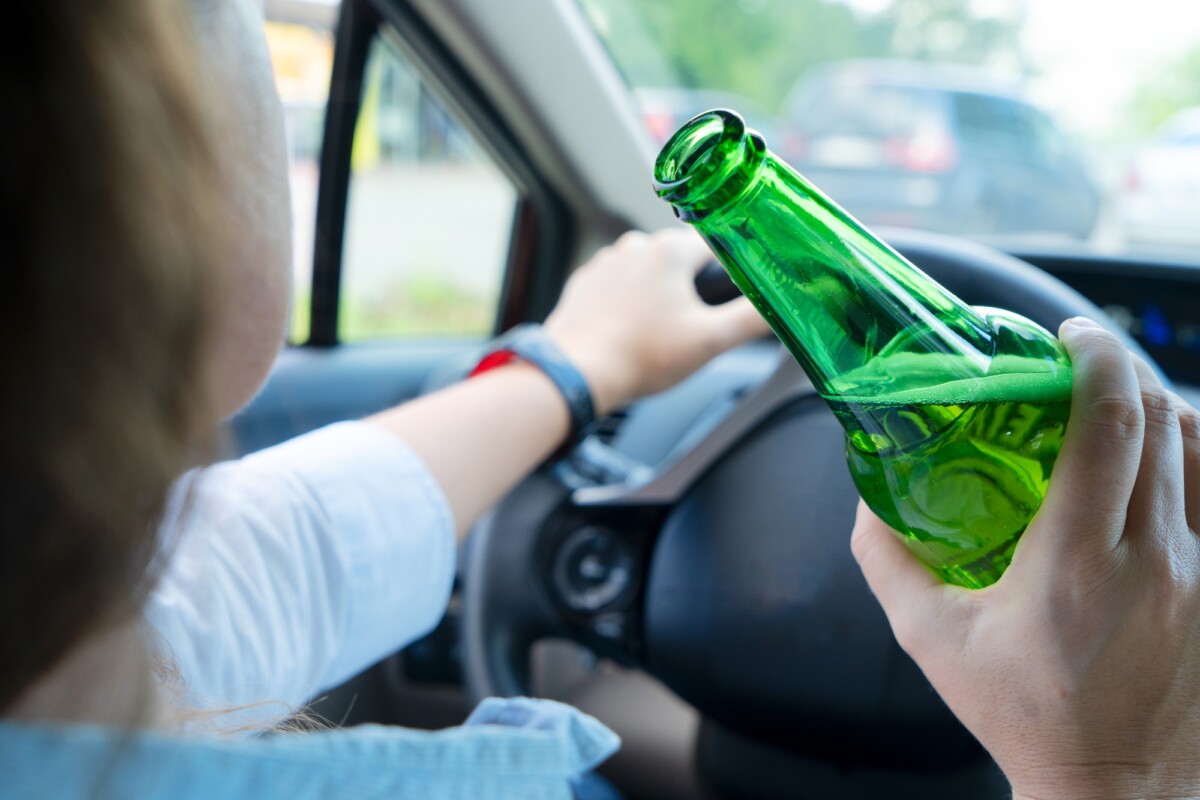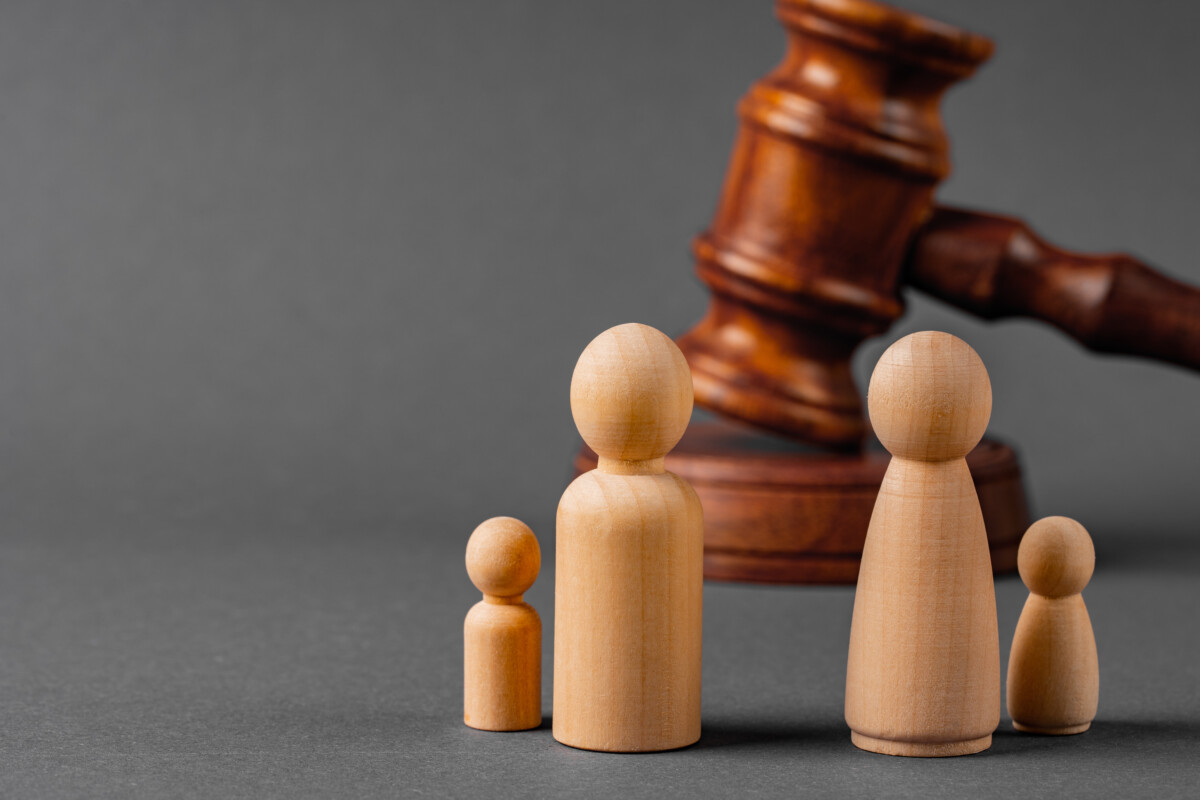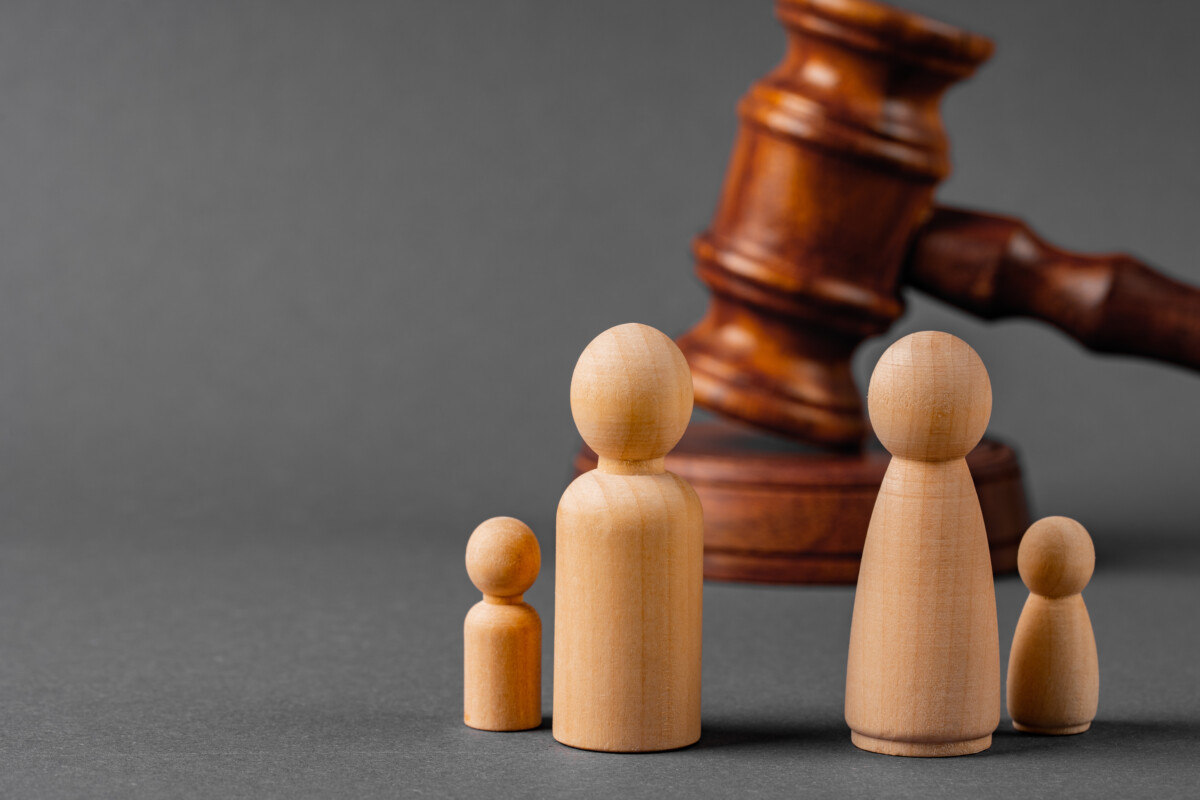Drunk Driving Legal Talent Network New York Expert DUI Defense

Drunk driving, or driving while intoxicated (DWI), in New York State carries severe legal and personal consequences. A DWI conviction can lead to significant fines, license suspension, and even jail time. Understanding New York’s drunk driving laws and building a strong legal talent network is crucial to effectively navigate these challenges. This comprehensive guide explores New York’s drunk driving laws, the importance of a legal talent network, and how to connect with the right legal professionals in New York.
Understanding New York’s Drunk Driving Laws
New York has strict laws regarding driving under the influence of alcohol or drugs. Here’s what you need to know:
-
Definition: In New York, it is illegal to operate a motor vehicle with a blood alcohol content (BAC) of 0.08% or higher, or while impaired by alcohol or drugs.
-
Offenses: New York has several different DWI offenses, including:
-
Driving While Intoxicated (DWI): Operating a vehicle with a BAC of 0.08% or higher.
-
Aggravated Driving While Intoxicated (Aggravated DWI): Operating a vehicle with a BAC of 0.18% or higher.
-
Driving While Ability Impaired by Alcohol (DWAI/Alcohol): Operating a vehicle while your ability to drive is impaired by alcohol.
-
Driving While Ability Impaired by Drugs (DWAI/Drugs): Operating a vehicle while your ability to drive is impaired by drugs.
-
Zero Tolerance Law: Drivers under the age of 21 can be charged with a violation of the Zero Tolerance Law if they have any measurable amount of alcohol in their system.
-
-
Penalties: Penalties for drunk driving in New York vary depending on the offense and prior convictions:
-
First Offense DWI: Can result in fines of $500 to $1,000, jail time of up to one year, and a driver’s license revocation of at least six months.
-
First Offense Aggravated DWI: Can result in fines of $1,000 to $2,500, jail time of up to one year, and a driver’s license revocation of at least one year.
-
DWAI/Alcohol: Can result in fines of $300 to $500, jail time of up to 15 days, and a driver’s license suspension of 90 days.
-
-
Implied Consent Law: New York has an implied consent law, meaning that by operating a motor vehicle in the state, you have consented to submit to a chemical test (breath, blood, or urine) to determine your BAC. Refusal to submit to a chemical test can result in an immediate driver’s license suspension and additional penalties.
Facing DWI charges in New York? Contact us at 833-279-1850 for a free consultation to understand your legal options.
Building Your Legal Talent Network
A legal talent network is a group of legal professionals who can provide support and guidance throughout the legal process. This network can include:
-
DWI Attorneys: Attorneys specializing in drunk driving defense can provide expert legal representation.
-
Legal Experts: Professionals with expertise in areas such as forensic toxicology, accident reconstruction, and field sobriety testing can provide valuable insights and support.
-
Support Staff: Paralegals, legal assistants, and investigators can assist with gathering evidence and preparing your case.
-
Legal Mentors: Experienced attorneys or legal professionals who can provide guidance and mentorship.
Need to connect with experienced DWI attorneys in New York? Visit Legal Case Review to find the right legal talent for your needs.
How to Connect with Legal Professionals in New York
Finding the right legal professionals in New York involves several steps:
-
Research: Start by researching attorneys with experience in DWI defense. Look for attorneys with positive reviews and a proven track record.
-
Referrals: Ask for referrals from friends, family, or colleagues who have experience with DWI cases.
-
Consultations: Schedule consultations with several attorneys to discuss your case. Most attorneys offer free initial consultations.
-
Professional Organizations: Contact professional organizations such as the New York State Bar Association for referrals to qualified attorneys.
-
Online Resources: Utilize online resources such as legal directories and attorney rating services to find attorneys in your area.
Ready to build your legal talent network? Call us at 833-279-1850 to get connected with qualified legal professionals in New York.
Strategies for Navigating a DWI Case in New York
An experienced DWI attorney can employ various strategies to defend your case:
-
Challenging the Stop: Attorneys can challenge the legality of the traffic stop that led to your arrest.
-
Examining the Evidence: Attorneys can scrutinize the evidence against you, including breathalyzer results, field sobriety tests, and witness statements.
-
Negotiating a Plea Bargain: Attorneys can negotiate with the prosecution to reduce the charges or penalties.
-
Presenting a Defense: Attorneys can present a strong defense on your behalf, highlighting any weaknesses in the prosecution’s case.
-
Trial: If necessary, attorneys can represent you at trial, presenting evidence and arguments to the jury.
Explore your defense options. Visit Legal Case Review to consult with a skilled DWI attorney.
Resources for DWI Offenders in New York
-
New York State Department of Motor Vehicles (DMV): Provides information about New York traffic laws and driver’s license requirements.
-
New York State Bar Association: Offers resources for finding qualified attorneys in New York.
-
Alcoholics Anonymous (AA): Provides support and resources for individuals struggling with alcohol abuse.
-
Mothers Against Drunk Driving (MADD): Advocates for stricter drunk driving laws and provides support to victims of drunk driving.
Need support after a DWI arrest? Call us at 833-279-1850 for assistance in finding local resources and support groups.
The Impact of Location on DWI Cases
Your location within New York can influence the handling and potential outcomes of your DWI case. Here’s how:
-
Local Courts: Each county and municipality has its own court system, with different judges and prosecutors. An attorney familiar with the local courts can navigate the specific procedures and tendencies of these courts. For example, DWI cases in New York City (zip code 10001) might be handled differently than those in Albany (zip code 12207).
-
Law Enforcement: Law enforcement practices can vary between different cities and counties. Some areas may have more aggressive DWI enforcement than others.
-
Community Attitudes: Community attitudes toward DWI can influence the outcome of a case. In some areas, juries may be less tolerant of DWI offenders.
Understand how your location affects your DWI case. Contact us at 833-279-1850 for local legal expertise.
Addressing Common Misconceptions About DWI
-
Misconception: “If I wasn’t driving erratically, I can’t be charged with DWI.”
-
Fact: While erratic driving can be an indicator of impairment, you can still be charged with DWI even if you were driving normally if your BAC is 0.08% or higher.
-
-
Misconception: “I can beat a DWI charge if I hire a good attorney.”
-
Fact: While a good attorney can significantly improve your chances, there is no guarantee of a successful outcome. The strength of your defense depends on the specific facts of your case.
-
-
Misconception: “A first-time DWI is not a big deal.”
-
Fact: Even a first-time DWI can have serious consequences, including fines, jail time, license suspension, and a criminal record.
-
Don’t let misconceptions guide your decisions. Call us at 833-279-1850 for accurate information and professional legal guidance.
Navigating drunk driving laws in New York requires a thorough understanding of the legal landscape and a strong legal talent network. By connecting with experienced DWI attorneys and building a supportive team of legal professionals, you can effectively protect your rights and work towards the best possible outcome. Remember to research your options, seek expert guidance, and take proactive steps to defend your case.
Ready to take control of your DWI situation? Call us at 833-279-1850 to connect with a trusted attorney and get the support you need.
FAQs About New York DWI Law
Q: What happens if I refuse a breathalyzer test in New York?
A: Refusing a breathalyzer test in New York can result in an immediate driver’s license suspension and additional penalties.
Q: Can I lose my driver’s license after a DWI conviction in New York?
A: Yes, a DWI conviction in New York can result in a driver’s license revocation or suspension.
Q: What is the difference between a DWI and a DWAI in New York?
A: DWI (Driving While Intoxicated) involves operating a vehicle with a BAC of 0.08% or higher, while DWAI (Driving While Ability Impaired) involves operating a vehicle while your ability to drive is impaired by alcohol or drugs.
Q: How long does a DWI stay on my record in New York?
A: A DWI conviction remains on your criminal record permanently unless you are eligible for sealing.
Q: Can I get a hardship license after a DWI in New York?
A: In some cases, you may be eligible for a hardship license, allowing you to drive for essential purposes.
Have more questions about New York DWI law? Visit Legal Case Review for reliable information and legal assistance.


